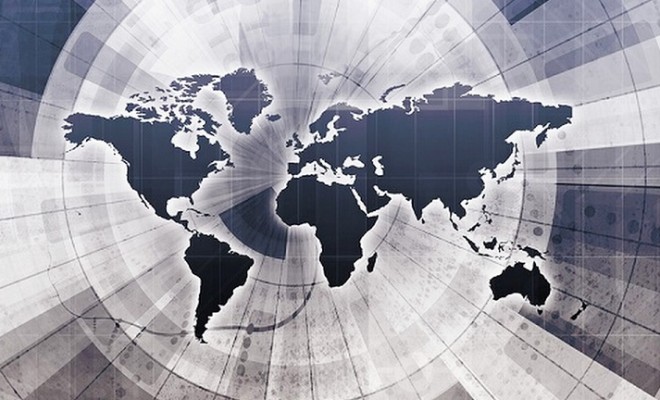
Robert D Kaplan on the coming world order
As a tumultuous year draws to a close, we’re looking back at some of the most insightful interviews CapX has conducted over the last 12 months
-The most likely big conflict is with Iran, who are far more volatile than Russia or China
-Trump does not have a well developed strategy of any kind – he’s a man of deep impulse and disorganization
-China’s Belt and Road initiative is not about economics – it’s about imperial power
Robert D Kaplan is widely-regarded as one of the world’s leading thinkers on foreign policy, defence and geopolitics. He is the author of 18 books, including The Revenge of Geography and The Coming Anarchy, and he has been named in Foreign Policy’s ‘Top 100 Global Thinkers’. He’s advised Kings, Prime Ministers and Defence Secretaries all over the world, and has reported from over 100 countries, giving him a grounding in the reality of foreign affairs most pundits could only dream of.
We spoke to him about Donald Trump’s miscalculations in Asia, China’s growing ambition, and the threat of Russian interference in a post-Brexit Europe that’s dominated by Germany.
John Ashmore: You’ve travelled in lots of the sorts of countries that people commentate on without necessarily having been themselves. Do you think it makes you a much better analyst having been to so many different places?
Robert Kaplan: Look, people can go to a place and get it all wrong. But what tends to happen is that people who’ve been in country get a deeper grasp of what the place is like. And I find that one of the worst things about Washington is that there’s this assumption of knowledge about distant places where little knowledge actually exists. All things being equal, you should trust the people who’ve had experience working there, and if they haven’t worked there, at least travelled there a few times.
JA: So do you think there has been a bit of a brain drain in American policymaking, in terms of that on the ground experience?
RK: Yes, and it’s been gradual. The 1980s, when George Schultz was in charge, was really the golden age of the State Department, when area expertise was valued, when the ideological arguments were very muted and nuanced. And there was a tremendous value put into what the embassies on the ground reported on. Back then Ambassadors had real power on the ground. That has changed dramatically. A number of things have happened. Number one has been the technology revolution. Now, because of email, decisions can be made centrally and foreign officers are tied to their desks because of all the requests and emails they get from Washington. So there’s less on the ground reporting on the part of the State Department than ever before.
Συνέχεια ανάγνωσης εδώ
Πηγή: capx.co




